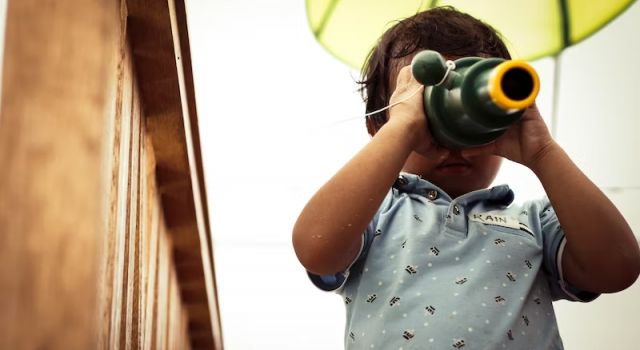Curiosity can be a powerful perspective when addressing difficult experiences that invites both self compassion and compassion for others.
Curiosity With Yourself
I have included fellow clinicians’ blog posts that address the power of increasing emotional awareness and decreasing judgment of emotions. Within this process, being curious with yourself, your thoughts, and your emotions can reduce the critical voice and self-judgment that can emerge in stressful experiences.
A few examples to try:
- I wonder if I can slow this down to better understand.
- What emotions am I experiencing in this moment?
- How is my body feeling?
- I wonder what it would be like to sit with this feeling just a bit longer.
- What would it be like to name/share this feeling/experience?
Curiosity With Others
Though I will refer to connecting and communicating with children, preteens, and teens, this curiosity approach can apply to interacting with anyone at any age, a partner, adult family member, or close friends. Curiosity can provide a felt sense of safety and compassion for others. Including curiosity statements or questions throughout conversation conveys a striving to understand rather than assume, to connect rather than criticize or correct, and ultimately that you are listening so they feel heard.
In Context of Development
Utilizing curiosity with children, preteens, and teens encourages mutual respect and a sense of empowerment for them to share their feelings and experience. A curious perspective from caregivers and adults can help children develop self-reflection and creative problem solving. Have you experienced a child or teen struggling with anger, fear, or sadness and wanted to provide the perfect advice or give them the solution? It is possible to relieve this pressure or urgency to solve the problem for them by reflecting and validating their feelings, meeting them with curiosity to create solutions together, and hear their ideas of what could be helpful. Have you experienced a child or teen struggling with challenging behavior and wanted to correct them, tell them what they did/are doing wrong, and what they should do instead? Again, curiosity for their experience and feelings allows them to feel seen and understood, regulates and integrates their experience, and reduces the power struggle that can emerge.
In Practice
Below are a few examples of reflecting someone’s feelings and offering curiosity statements or questions, compiled from resources listed at the end of the article:
- “I wonder if you feel (insert feeling here)…”
- Tell me more about that.
- What happened?
- I wonder how that makes you feel. How do you feel about it?
- I wonder what ideas you have?
- I wonder what could be helpful. What can I do to support you?
- Is there anything else that you want to say about that?
- What suggestions or ideas do you have?
- Is there any other information you can give me to help me understand?
- What do you need to figure it out?
- Is there anything else that is bothering you?
References & Resources
- Positive Discipline Parenting by Dr. Jane Nelsen
- The Yes Brain by Dr. Dan Siegel
- Lora Ferguson, MA, LPC-S, AFC Founder
- An Introduction Into Feelings by Michelle Diaz, MA, LPC-A, EMDR Trained, NCC
- Y’all, Please Stop Judging Your Emotions! by Mike Rothschild M.A., LPC-Associate, NCC












